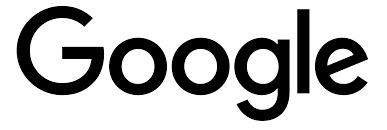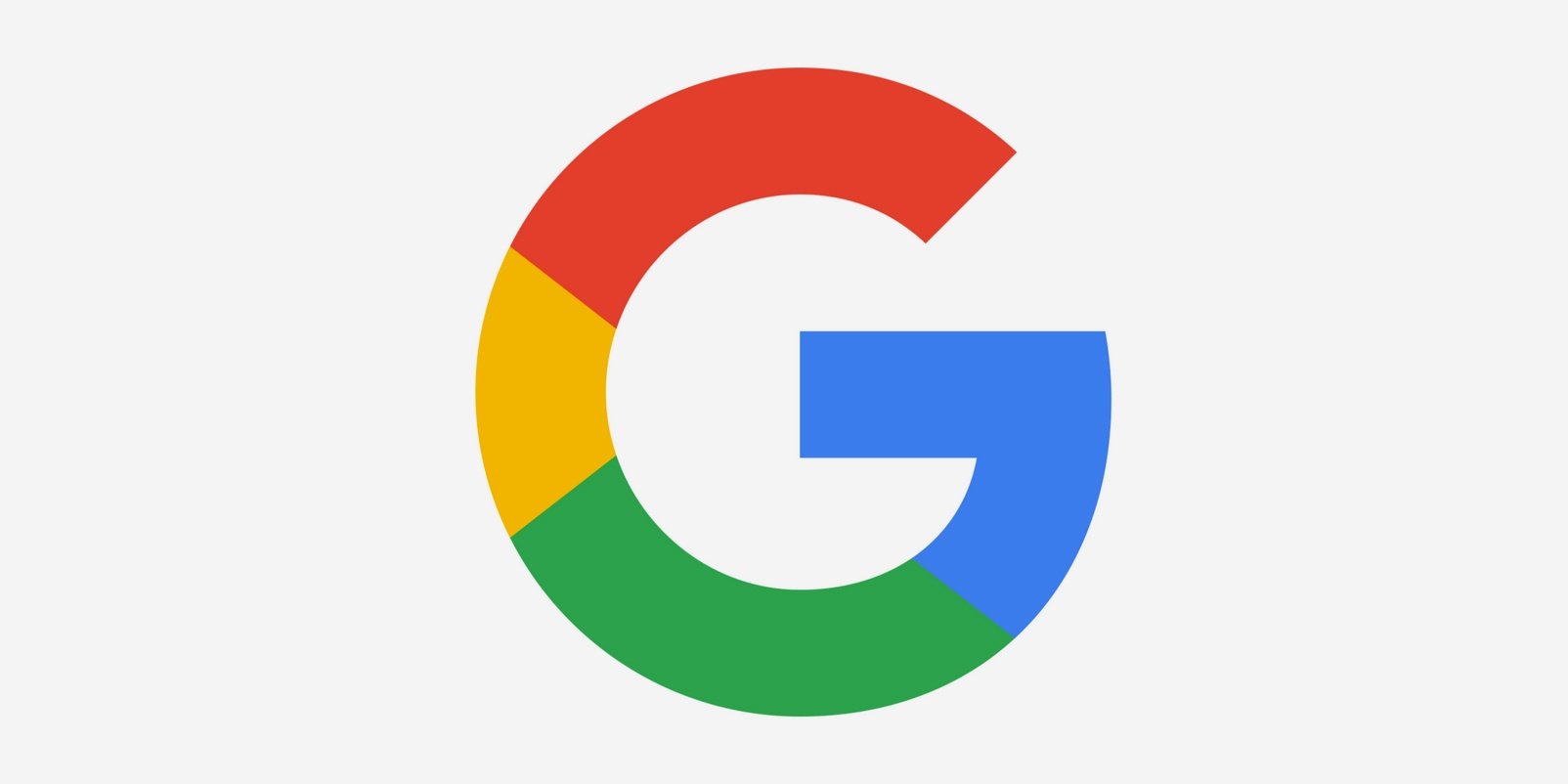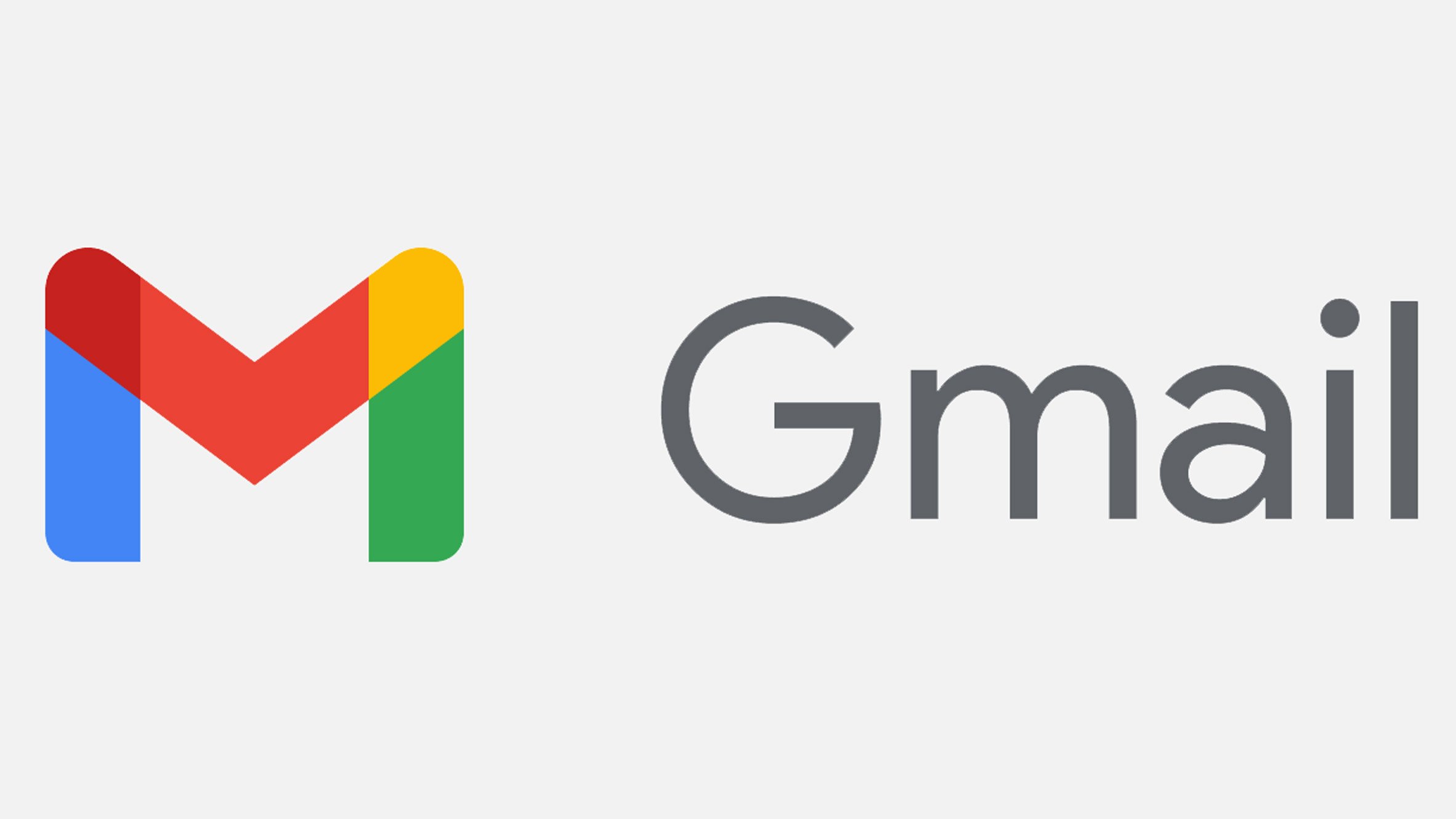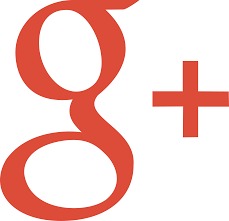Is Google Really In A Decline?
Is Google really in a decline, or is it simply a matter of perception? The question of whether Google is experiencing a decline has been a topic of debate among tech enthusiasts and industry experts.

Thomas Mitchell
Nov 23, 2023
With technology constantly changing, everyone is curious to know ifis Google really in a decline. Even though the IT company is a digital behemoth with unmatched power, there have been increasing rumors and worries about it in recent years. Google's finances are still strong, and it continues to function well, but a deeper examination shows that there are growing difficulties.
Antitrust inquiries and privacy concerns characterize the regulatory scrutiny surrounding Google's unrestrained growth. The growing competition from new competitors adds another level of complication.
However, changing user habits raises concerns about how flexible Google's services are. Can Google's strategic ambitions and innovations withstand the current challenges? How is the company handling these changes? In the digital era, public opinion and trust are crucial, and they are also crucial to Google's success.
Looking at Google's present position, the difficulties it has experienced, and its reactions, the future seems promising but also dangerous. This article explores the complex picture of Google's current state and asks if the internet giant is indeed in decline or if it is on the verge of a revolutionary comeback.
Google’s Peak And Downfall
The trajectory of Google was very constant across the board at Google: significant yearly increase in reviews from 2015 through 2017, followed by a fall from 2018 through 2021. This tendency held regardless of the brand or sector.
In 2014, advertising accounted for little under 90 percent of Google's overall income, the vast bulk of which was earned from the company's search advertising.
According to eMarketer, its sponsored search accounts for $70 billion, which is equal to 48 percent of the total $145 billion worldwide market for digital advertising. According to comScore, Google has a dominant position in the entire search landscape. In August 2015, Google accounted for 63.8% of the desktop search traffic in the United States. The next closest competition to it is Bing, which is owned by Microsoft and has a share of 20.6%.
However, the search is now confronting a significant obstacle. The sponsored search industry was established using a paradigm based on desktop browsers. In addition, customers are increasingly gravitating toward mobile devices.
Consumers report that they perform less searching on their mobile devices than they used to due to the availability of applications that are tailored to meet their requirements. People may continue to do searches inside such applications. Still, they are conducting a far lower number of queries using standard search engines (even if Google, Bing, and other similar services do power-specific in-app search engines).
Although it may seem to be common sense, there is recent evidence to suggest that this is, in fact, a developing pattern. And it may have a significant effect on the main search business that Google operates.
Google's Core Business Model
The search engine operated by Google, which is an essential component of every digital toolbox, is the keystone of the company's business strategy. Because the organization is so skilled in the use of algorithms, it can guarantee that consumers will get highly relevant and individualized search results.
Google is able to monetize its platform via the engagement of its users by displaying advertisements. Advertisers place bids on keywords, and the winning advertisements are given prominent placement either inside the search results or on partner websites that are part of the Google Display Network.
This pay-per-click model provides the backbone of Google's income generation, which enables the business to give free access to a wide variety of services while also profiting from user attention for targeted advertising.
Difficulties Of Google Search Engine
In spite of the durability of Google's primary business model, the company has been confronted with a variety of difficulties in recent years, several of which present significant threats to its conventional sources of income.
Concerns over Google's advertising dominance have been heightened as a result of increased regulatory scrutiny, which has led to antitrust probes and the possibility of regulatory actions.
The capacity of the corporation to successfully customize advertisements is in jeopardy as a result of privacy concerns, which have shown themselves in heightened scrutiny of data methods. In addition, the proliferation of ad-blocking technologies and changing user habits present challenges to the efficiency of the advertising strategy that Google employs.
The interaction of these difficulties leads to the idea that “Is Google really in a decline?” in the future. It is possible that regulatory obstacles and privacy concerns would require Google to make modifications to its advertising tactics, which will affect the company's income sources.
The effectiveness of Google's advertising approach is coming under further criticism as consumers move away from traditional platforms and ad-blocking software becomes more widely used.
These issues are made much more difficult by the drop in market share and the growth in competition, both of which imply an environment in which Google's historic dominance is no longer inevitable.
In order for Google to weather this storm, the company not only has to modify its business model in order to comply with ever-changing rules and the shifting expectations of its users, but it also needs to innovate in order to maintain a competitive advantage in the increasingly cutthroat digital environment.
Is Google Really In A Decline After ChatGPT?
Google was one of the first contemporary computer corporations whose name would become a verb, and it has long been associated with internet searches. However, a new danger surfaced at the end of the previous year when OpenAI, a research organization focused on artificial intelligence, made a new AI chatbot tool called ChatGPT available to the public.
With only an essential suggestion, ChatGPT users have shown the bot's capacity to compose poetry, write code, generate legal papers, and clarify complex concepts.
Because it has been trained on a vast amount of online data, ChatGPT can produce detailed answers to open-ended questions (though it can make mistakes) or provide answers to straightforward queries like "Who was the 25th president of the United States?" that one might have to scroll through Google search results to find in the past.
Vast volumes of data have been used to train ChatGPT, which leverages this to produce answers in response to user input. Although the underlying technology of ChatGPT has been there for a while, the fact that anybody can sign up and use the tool has generated a lot of enthusiasm around generative AI and made the promise of the technology immediately understandable to millions of people in a manner that it was previously merely abstract.
Additionally, it is said to have caused Google management to announce a "code red" scenario for its search division.
The argument is that if more people start depending on AI for information requirements, it may compete with Google's search advertising, which is a $149 billion business unit for the corporation. This idea has received more attention from the media, which has even matched ChatGPT against Google in head-to-head comparisons.
Why Are Google Searches So Inaccurate?
A complex interplay of a number of different elements causes this problem. In the first place, the sheer volume of material that is available online has increased enormously during the last few years.
It may be challenging for search engines like Google to comprehend all of the information that is now at our disposal since there is more of it than ever before. The second thing that happens is that customization algorithms filter our search results based on information such as location, browser history, and account activity.
While the usage of these filters might be helpful in some circumstances, an excessive amount of customization can lead to erroneous results and disgruntled users. This is particularly true for users who still need to complete their profiles in full for the algorithm to utilize.
Last but not least, businesses pay Google for advertising, which pushes correct information farther down the page in favor of stuff that costs money. When it comes down to it, these many aspects make it difficult for people to form informed judgments based on their Google searches.
In spite of the fact that these findings may provide you with an accurate response, the opacity of the sources themselves may make it difficult for you to filter through the many sources.
Challenges Faced By Google
Google, which was once associated with online search and digital power, finds itself at a crossroads, beset with a variety of difficulties that test its resilience and adaptation. In other words, Google is at a crossroads.
The giant is facing a confluence of challenges as a result of the changing nature of the technological ecosystem, including more regulatory scrutiny, increasing competition, and changing user behavior.
Regulatory Scrutiny
The rising regulatory scrutiny that Google is subjected to from various angles is one of the most significant difficulties it is now facing. Antitrust probes have emerged as a significant possibility, with authorities examining the company's market dominance, in particular with regard to internet search and advertising.
Allegations that Google engages in anticompetitive activity and stifles innovation have given rise to legal disputes, which have the potential to transform Google's operating environment.
At the same time, worries about privacy heighten the regulatory pressure that is being applied as authorities all over the globe seek more transparency and user protection. The manner in which Google overcomes these regulatory difficulties will definitely determine its course of development in the future.
Competition In The Digital Arena
The digital sphere, which Google once controlled, is now seeing the development of serious rivals challenging the company's leadership. Tech behemoths like Amazon and Facebook are expanding their product lines, and they are moving in on Google's turf by developing cutting-edge solutions and using aggressive marketing methods.
Google's market dominance is in immediate danger due to the proliferation of other advertising platforms and search engines like Bing and Yahoo. The issue that has to be answered is whether or not Google can retain its grip in the face of increasing competition or if it will be forced to give territory to more agile opponents.
Changing User Behavior
The behavior of Google's users, which is essential to the company's success, is experiencing a profound change. The increasing prevalence of mobile devices, the rise of voice search, and shifting patterns of content consumption all offer problems for Google's conventional search-centric business model.
Users are progressively migrating toward platforms that are more specialized and alternative techniques for information retrieval, which presents a challenge for Google to change its services in order to satisfy the shifting expectations of users.
In this age of rapidly advancing technology, the significance of the organization will be determined by its capacity to comprehend shifting consumer preferences and adapt its offerings accordingly.
Google's Response To Challenges
Google has organized a number of tactical actions to strengthen its position as it faces a convergence of difficulties in the rapidly changing digital industry. This piece explores how the internet giant is overcoming regulatory hurdles and the dynamic changes in user behavior by diving into Google's answers to them.
Regulatory Challenges - An Adaptive Stance
Under the scrutiny of international regulatory agencies, Google has taken aggressive steps to confront these issues head-on rather than just taking a defensive stance. The organization has undertaken policy modifications with the objective of augmenting transparency and conforming to dynamic regulatory structures.
To address concerns voiced by regulators, initiatives like the Privacy Sandbox project aim to achieve a balance between user privacy and targeted advertising. Through encouraging transparent communication with regulatory bodies, Google hopes to mold regulations that support both innovation and user safety.
Competition And User Behavior - Innovations At The Core
Google has deliberately reorganized its services in response to the growing competition and the revolutionary change in user behavior. The business has made significant investments in machine learning and artificial intelligence (AI), using these technologies to improve search engines and customize user experiences.
Google is making a fresh effort to prioritize user-centric design in an effort to satisfy the changing demands of a technologically aware public. This involves making Google a seamless part of consumers' everyday interactions across all platforms, including voice and mobile search optimization.
Strengthening The Arsenal - Strategic Partnerships
As the rivalry becomes closer, Google has forged strategic alliances with major firms in a number of different sectors. Google has been able to expand into developing areas and broaden its business portfolio via partnerships with both startups and well-established tech businesses.
As a counterweight to the difficulties offered by rivals, Google's position in the corporate market has been bolstered by collaborations with cloud computing providers. The strategic connections that Google has formed are evidence of its dedication to both innovation and market resiliency.
Acquisitions - Navigating The Digital Landscape
As part of its strategic strategy, Google has made a number of acquisitions aimed at strengthening its technical position. Google enhances its skills and broadens its reach via the acquisition of startups and well-established entities across several industries.
By purchasing Fitbit, for instance, Google is able to expand its ecosystem outside conventional digital spheres and gain traction in the wearables sector. Analyzing the impact of these acquisitions on Google's overall strategy requires a sophisticated grasp of their contributions.
The effectiveness of these calculated actions is primarily determined by how well-purchased technology is integrated and how that affects Google's market share. Google's answer demonstrates a combination of adaptation, ingenuity, and strategic insight in negotiating the intricate web of regulatory obstacles, competitive landscapes, and altering consumer preferences.
Google is demonstrating its commitment to not just surviving the storm but also emerging more robust, more flexible, and well-positioned for the next phase of technological growth via these corporate initiatives, which are characterized by a proactive engagement with issues.
The way that Google handles these difficulties determines how the company develops over the next few years as the digital environment continues to change.
Is Google Really In A Decline - FAQs
Is Google Search Losing Ground?
For some years now, Google Search's ability to provide precise and relevant results to consumers has been gradually deteriorating.
Is Google Being Replaced By TikTok?
Even though TikTok is becoming more and more popular, it doesn't seem realistic that the app will completely replace Google as the most popular search engine in the world.
Does Gen Z Use Google?
Many Gen Zers do not use Google. They like platforms with visuals.
Conclusion
There are several obstacles and calculated countermeasures to consider when determining whether is Google really in decline. Even while Google faces significant challenges from changing user behavior, governmental oversight, and more competition, the corporation is clearly ripe for change, given its tenacity, creative endeavors, and calculated adjustments.
The IT giant's future course will be determined by how well it handles these obstacles. Despite facing challenges, Google continues to be a dynamic force, adapting to the needs of a digital world that is changing quickly. The story of decline may seem too dramatic; instead, it depicts a business that is poised for reinvention.




